|
Postdoc research associate at the University of Edinburgh, where I worked on Trustworthy Autonomous System with a focus on Robustness, Explainability and Causality. I did my PhD at Eindhoven University of Technology, where I was advised by Mykola Pechenizkiy and Wouter Duivesteijn with a focus on Exceptional Model Mining. Email / CV / Research Statement / Google Scholar / Github / LinkedIn |

|
|
My research is mainly about local pattern discovery connects explainable subgroups in the datasets to the machine learning models, which we call Exceptional Model Mining (EMM). My study values the importance of data and the functions learned from those data as certain representations. Hence, I`m interested in exploring various search algorithms for pattern discovery and machine learning / probabilistic models for knowledge discovery. Specifically, my research areas include Exceptional Model Mining, Causal Inference, Trustworthy Machine Learning and Spatio-Temporal Data Mining. |
|
|
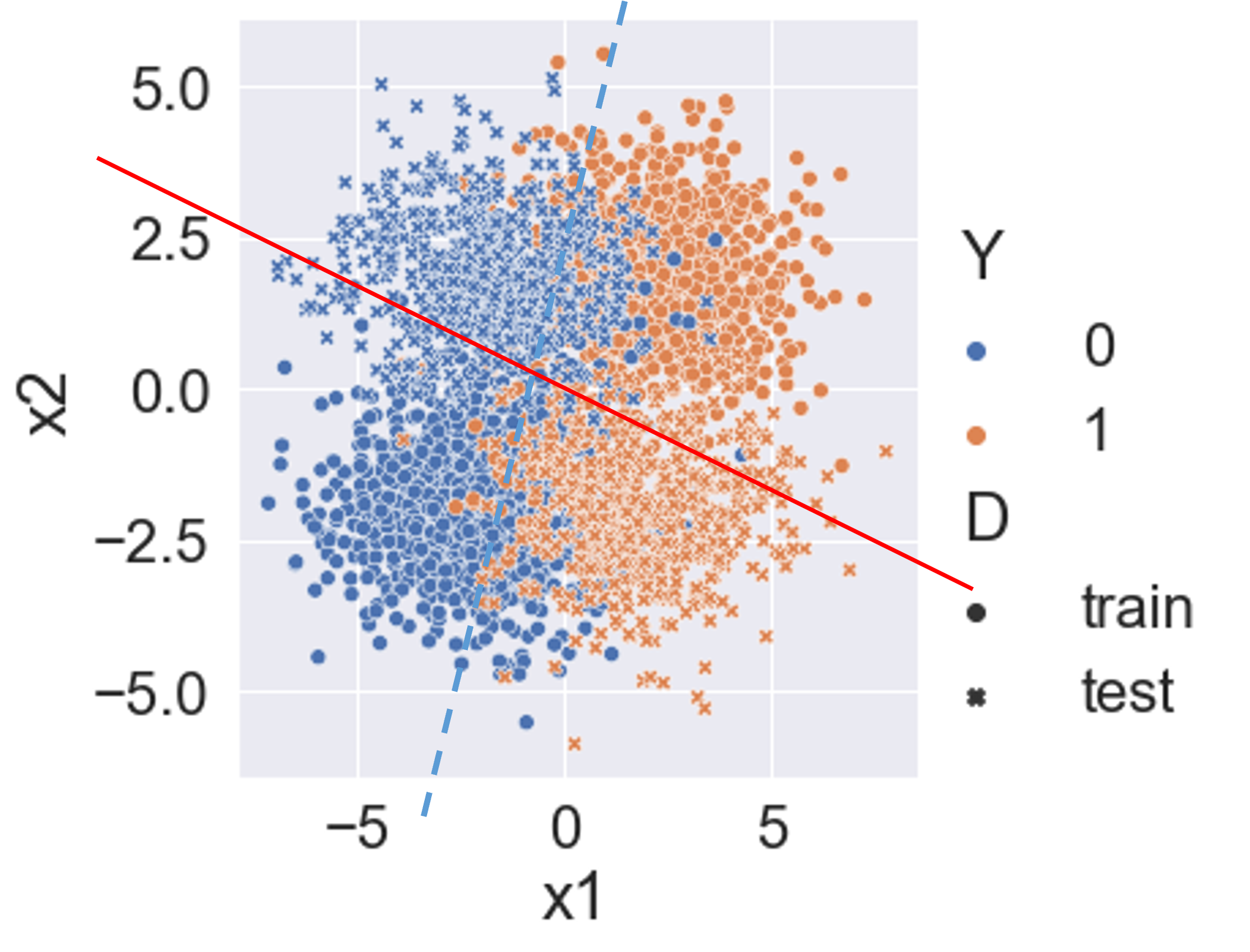
|
One paper named "Beyond Discriminant Patterns: On the Robustness of Decision Rule Ensembles" has been accepted by ICDM 2025 as short paper. |
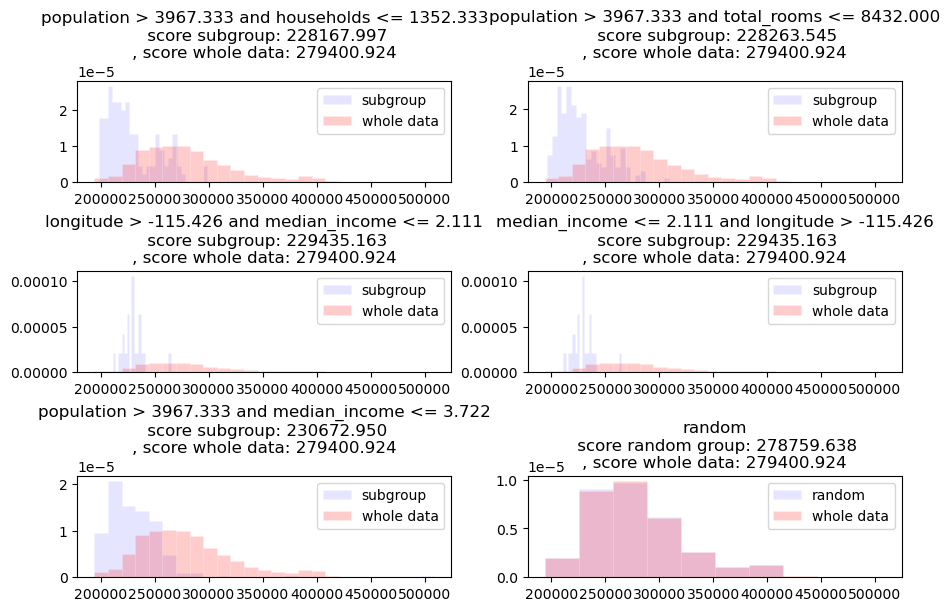
|
One paper named "Conformalized Exceptional Model Mining: Telling Where Your Model Performs (Not) Well" has been accepted by ECML-PKDD 2025 Research Track. |
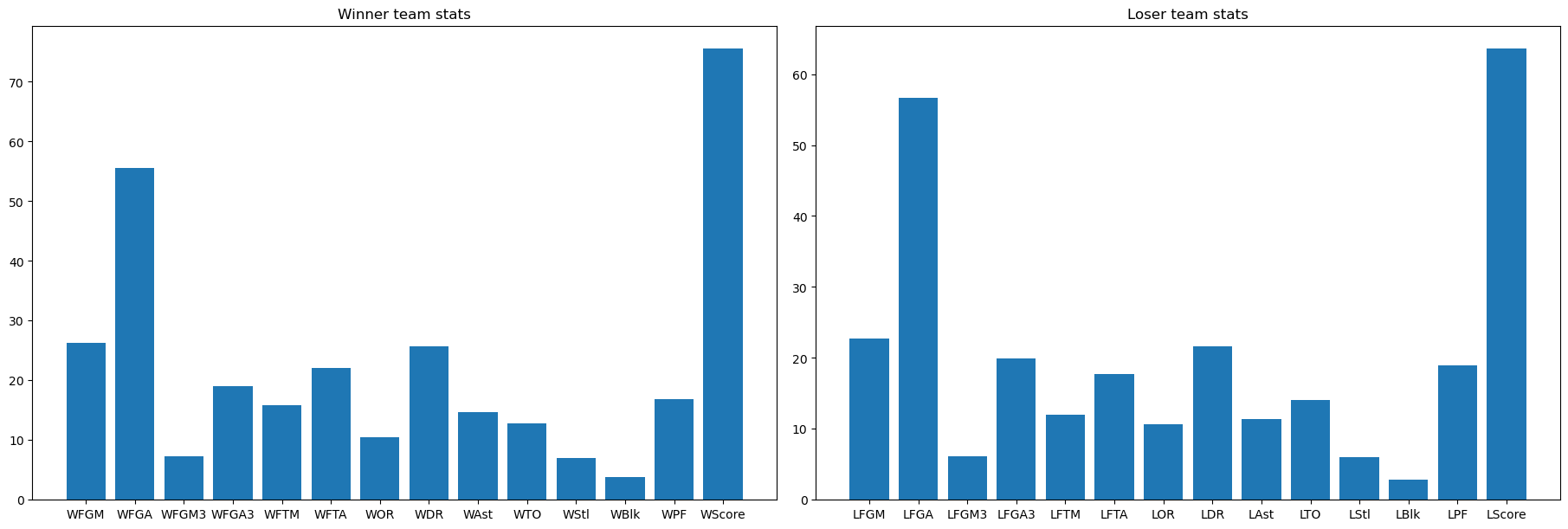
|
Thoughts about basketball and data science. |
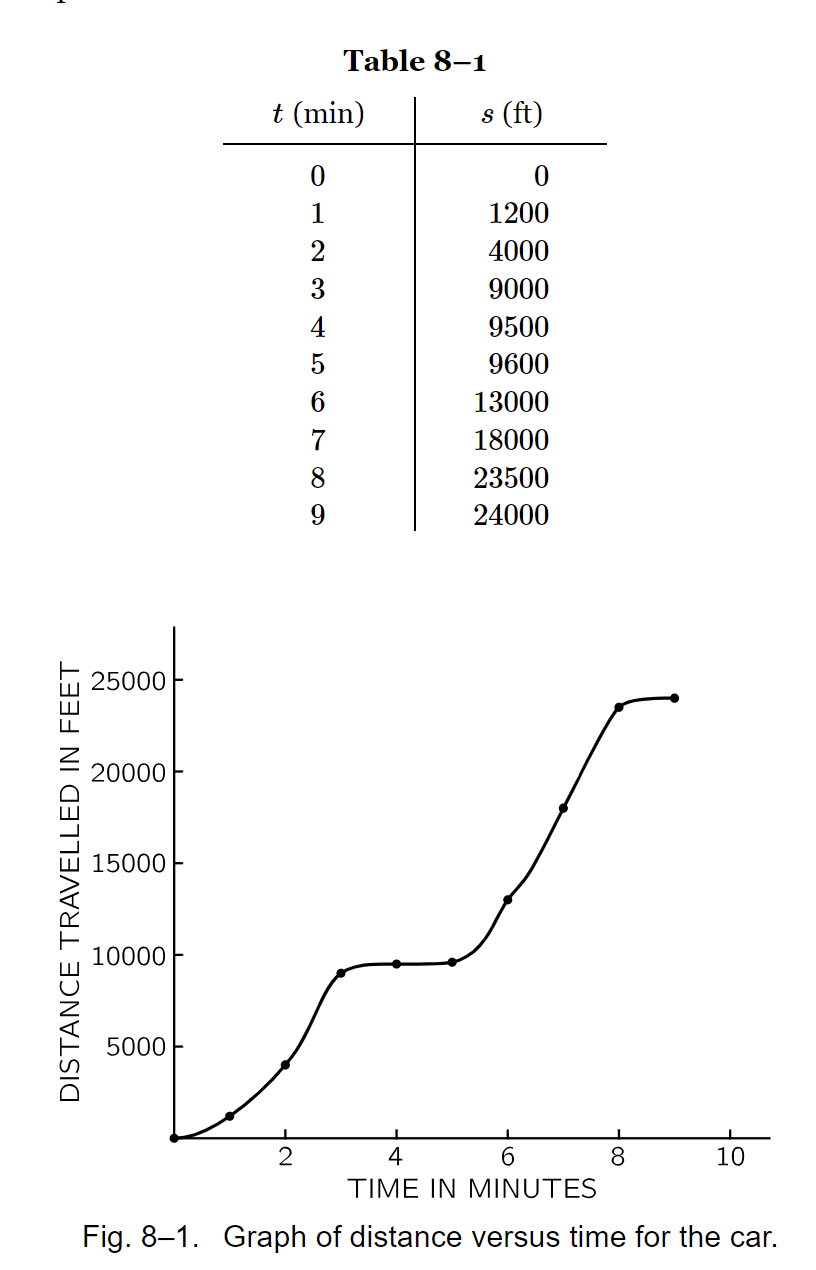
|
Thoughts about motion and velocity from a recent reading. |
|
|

|
How much can we trust the predictions of Image recognition model backed by Deep Neural Networks like Transformers and Resnet? This project proposes a set of perturbation operations that can be applied on the underlying data to generate test samples of different types. The perturbations reflect potential changes in operating environments, and interrogate various properties ranging from the strictly quantitative to more qualitative. |

|
How much can we trust the rules discovered from one dataset when applying to the others? This project proposes to discover local decision rules that are robust across different environments. |
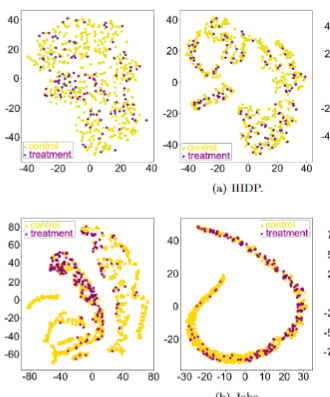
|
Can we estimate the potential effect before applying a clinical treatment plan, or a policy? This project proposes a deep neural network framework to solve the causal inference problem with observational data. The confounding bias is tackled by applying a Generative Adversarial Netwoks. |

|
Have you ever encountered mode collaspe when training VAE model? Why does a probabilistic generative model fail to capture the data distribution? This project explores the phenomenon of KL vanishing problem from the views of both encoder and decoder, aiming to build a more generalizable generative model for multiple datasets. |
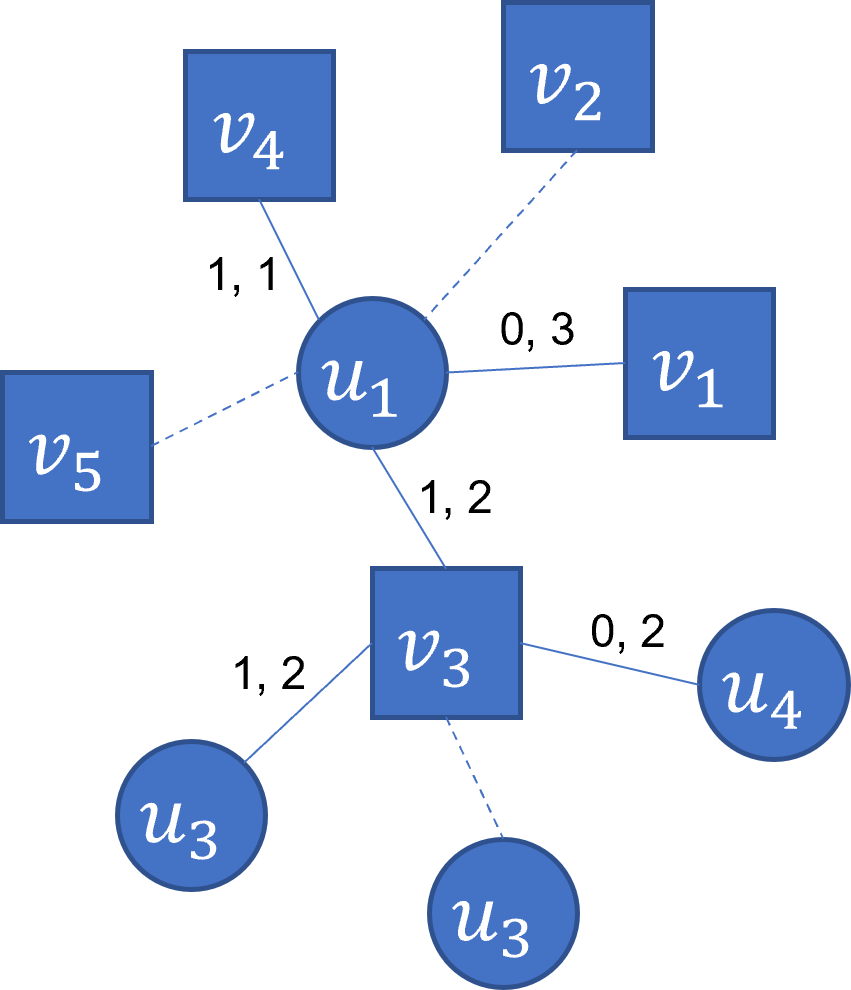
|
How to predict future interactions between customers and products? Graph data reveals the interactive patterns in the world between multiple types of entities. How dows the interactive patterns demonstrate meaningful representations? This project explores link prediction on heterogeneous graph with multi-modal data using graph convolutional neural networks. |
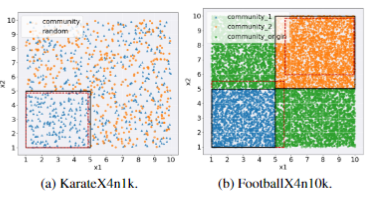
|
How does the interactions of spatial, temporal, text or network data reveal specific patterns in sub-populations against the overall distribution? This project proposes to explore data mining tools to discover interesting subgroups from multi-modal data distributions by employing a probabilistic modeling method. |
|
|
|
Xin Du, Lei Sun, Wouter Duivesteijn, Alexander Nikolaev, Mykola Pechenizkiy Data Mining and Knowledge Discovery Special Issue: Mining for Health, 2021 |
|
Xin Du, Yulong Pei, Wouter Duivesteijn, Mykola Pechenizkiy Journal Track of EMCL PKDD, 2020 |
|
Xin Du, Yulong Pei, Wouter Duivesteijn, Mykola Pechenizkiy AAAI Conference on Artificial Intelligence (AAAI), 2020 |